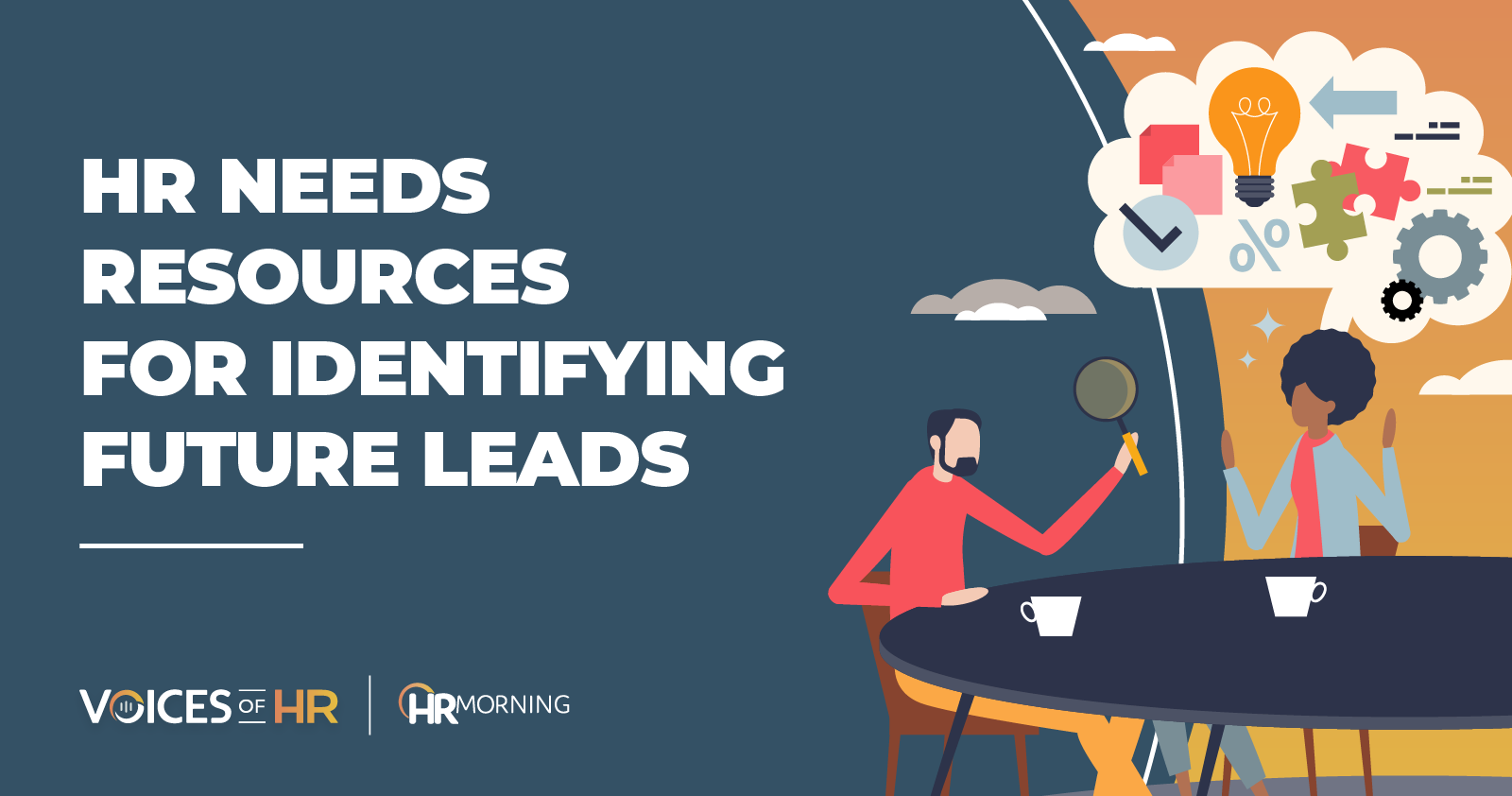There’s a growing expectation among high-performing talent for a structured talent development program to reach their career goals.
That’s according to Dr. Renee Booth, an organizational psychologist and president of the executive talent development firm Leadership Solutions.
“The best-in-class organizations take talent development seriously. Because when (high-performing talent) comes in the door … the questions they ask (are), ‘How am I going to be developed? What are my opportunities? What does succession planning look like here?’” she said in an episode of HRMorning’s “Voices of HR” podcast, titled “Cultivating Talent: Identifying, Developing and Promoting Your High-Performers.”
This also includes coaching for those new to leadership roles. “Because it is so hard to enter at the senior levels in particular … hit the ground running and get things done,” she said.
When asked about resistance from the top brass to invest in talent development, Dr. Booth had this to say: “For those organizations who don’t use (a talent development program) … you can become the training ground for other organizations. You can bring people in. You can give them your culture and teach the basics. And if they feel that there’s no way that they can learn – even if they’re average in their jobs – if there are no opportunities to learn, they hop over to your competitors, who have opportunities for them to develop. So you lose talent and you start back over again – spending that money anyway.”
Finding staffers ripe for talent development
When it comes to talent assessment for identifying prime internal candidates for executive positions, instead of traditional, data-oriented tests, organizations now focus more on “real-life understanding” and behavioral assessments. Personality tests and tools like Myers-Briggs and the Hogan Assessment have become more widely recognized and respected among organizations when discussing talent and fit, she said.
“It used to be only HR and the consultants that they brought into the organizations understood those things. … When the person in marketing says, ‘I’m worried about whether this person has enough results orientation,’ the person in legal knows exactly what that means,” Dr. Booth said.
Additionally, executive candidates are increasingly interested in understanding their own strengths and fit within the organization. The mentality is “I don’t just want to go to the organization and (ask), ‘Do you want me?’ I want to go to an organization that I actually fit into.”
As for the traits that should be given top consideration, Dr. Booth said:
- Adaptability and flexibility because of the multiple generations in the workplace and the need to learn new things, and
- Results orientation, including working hard, making a difference in the organization and getting along with others.


